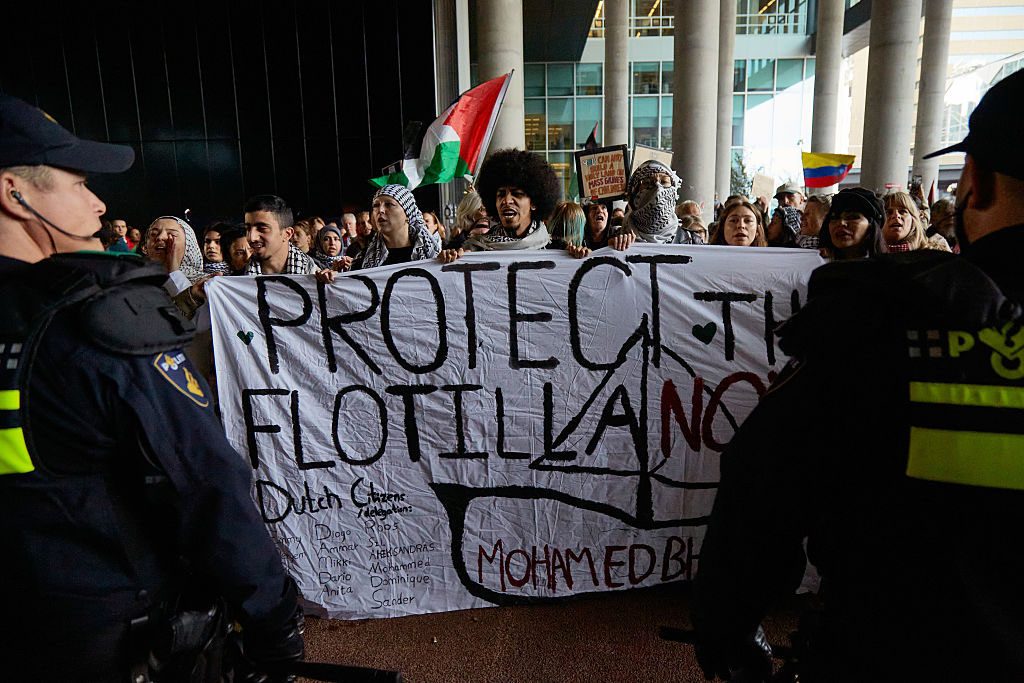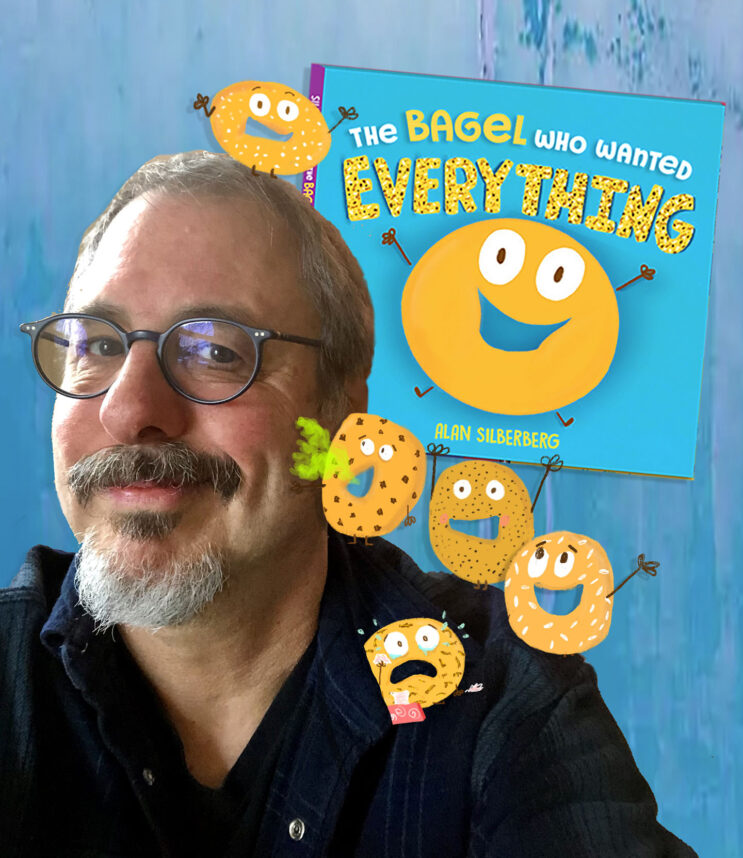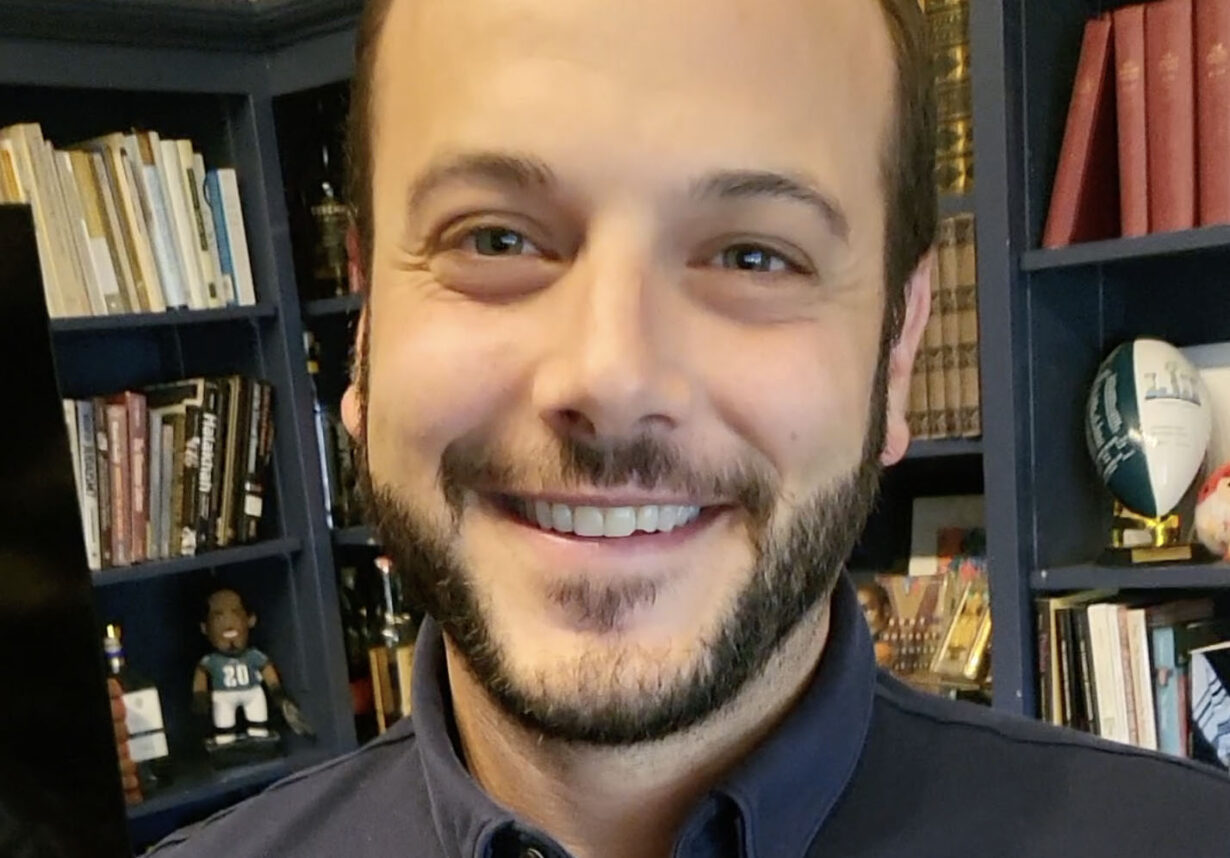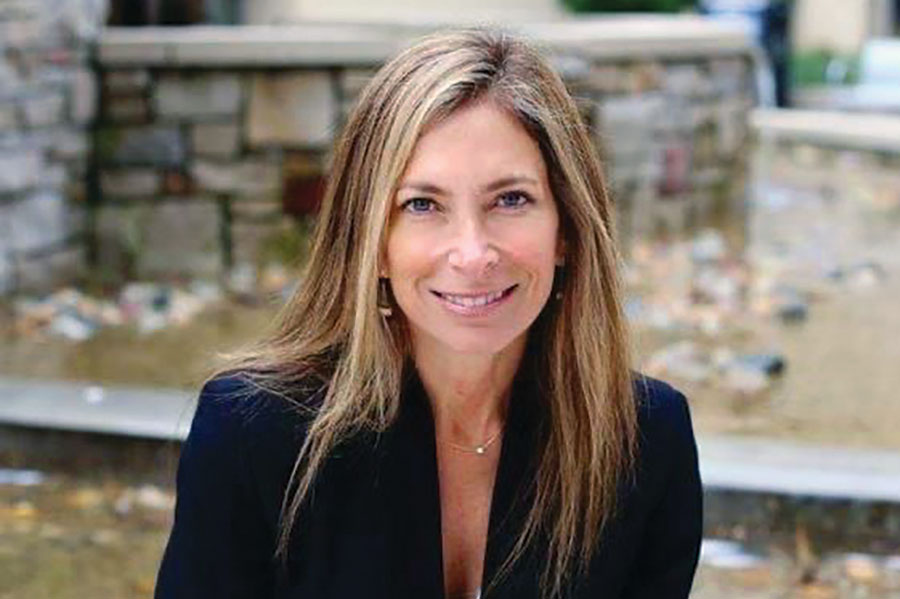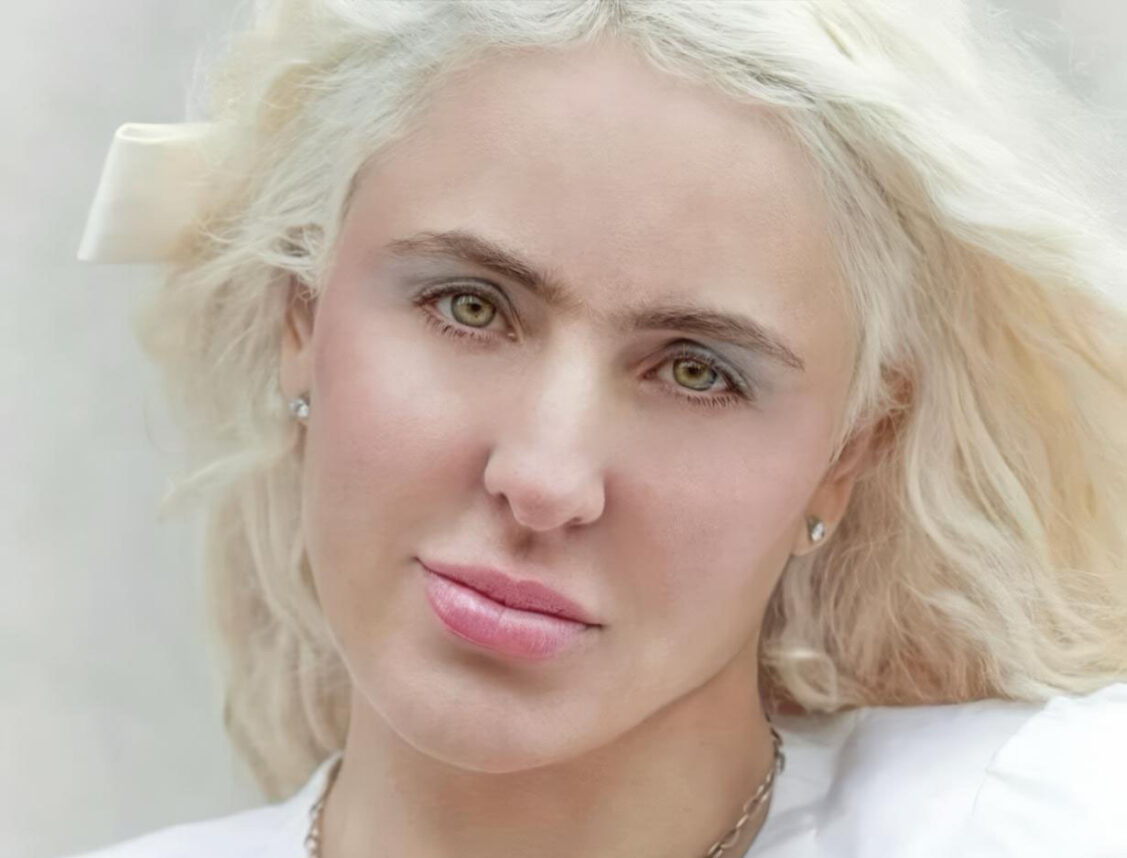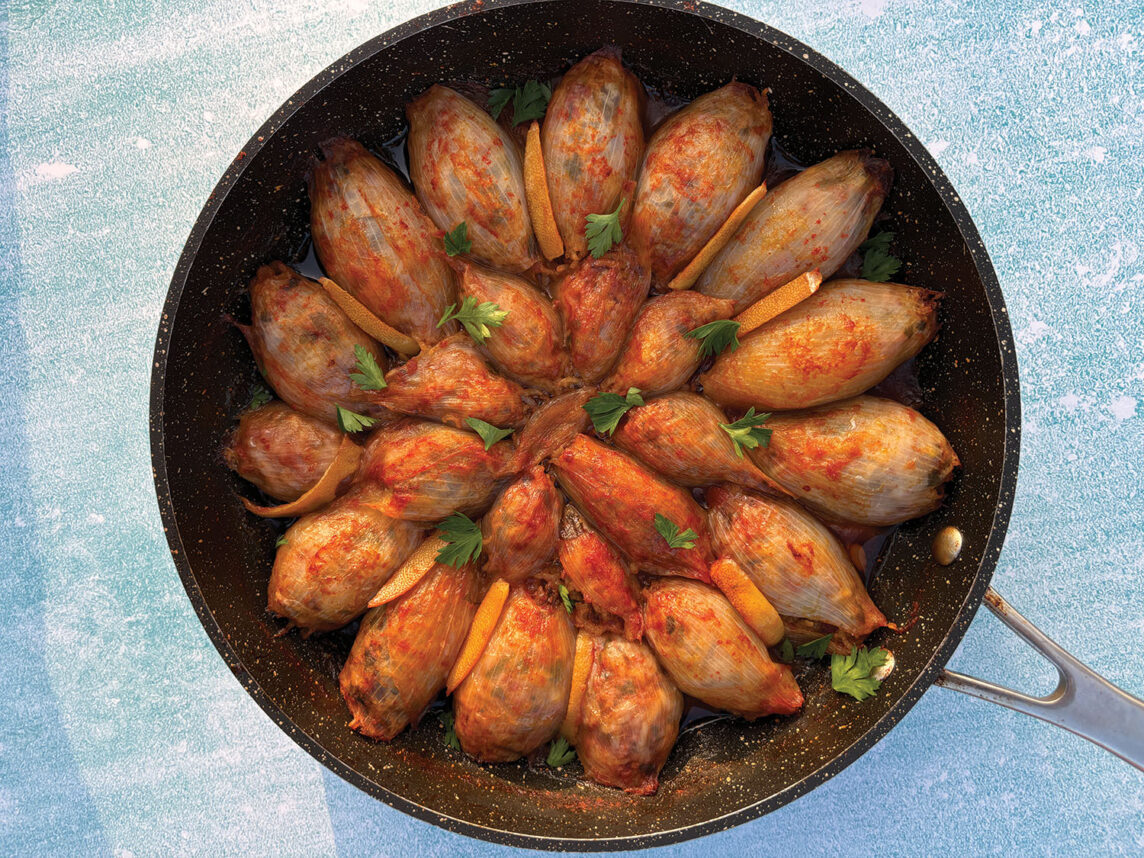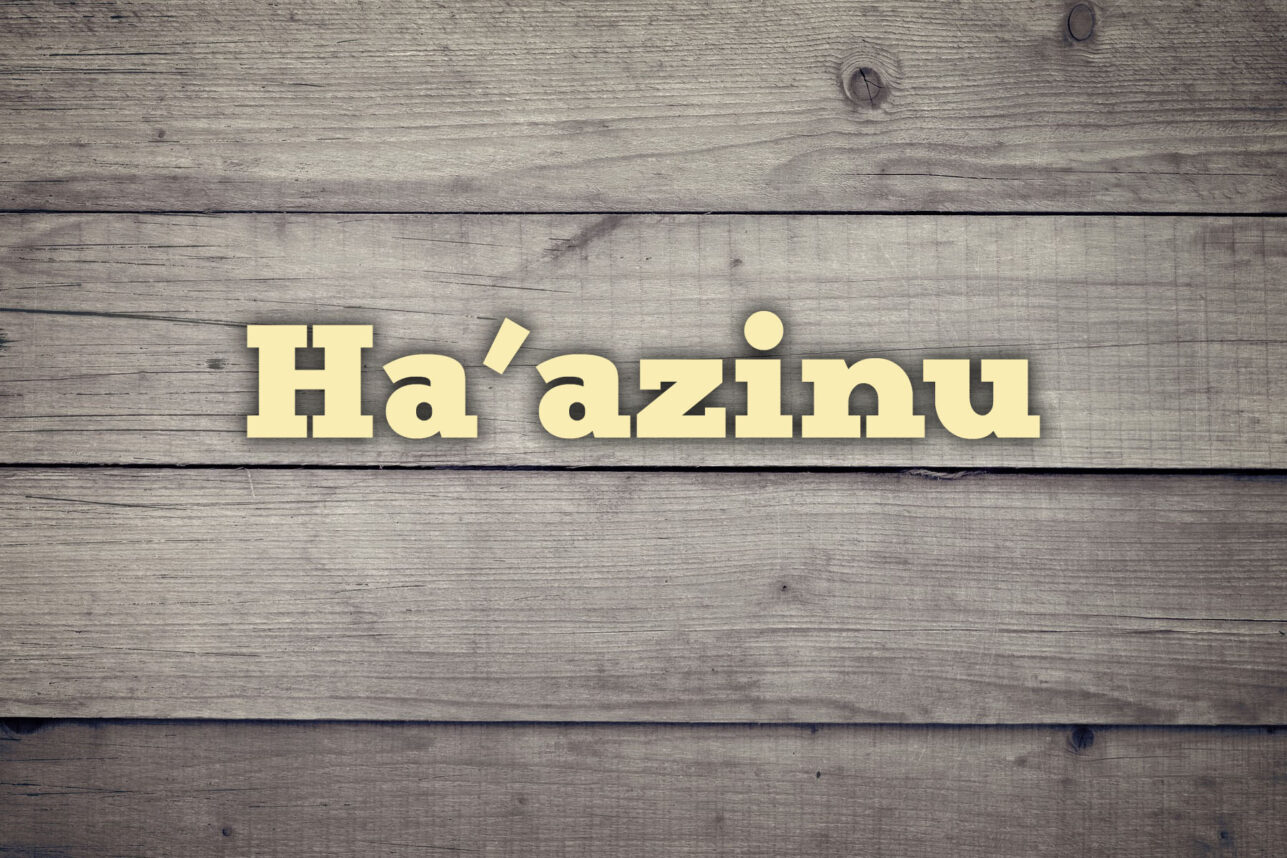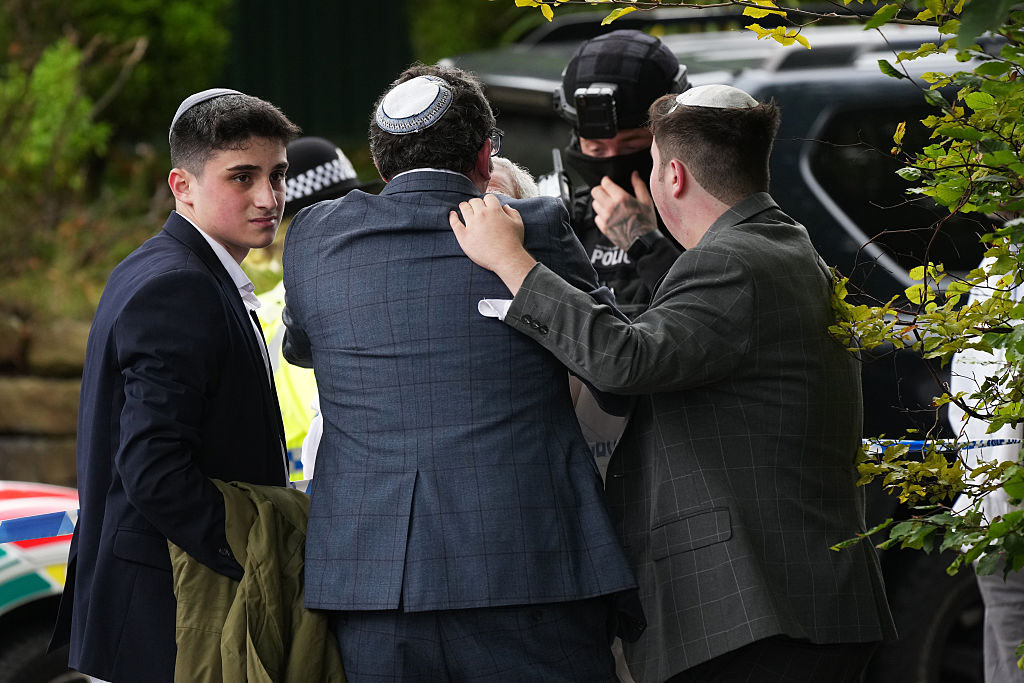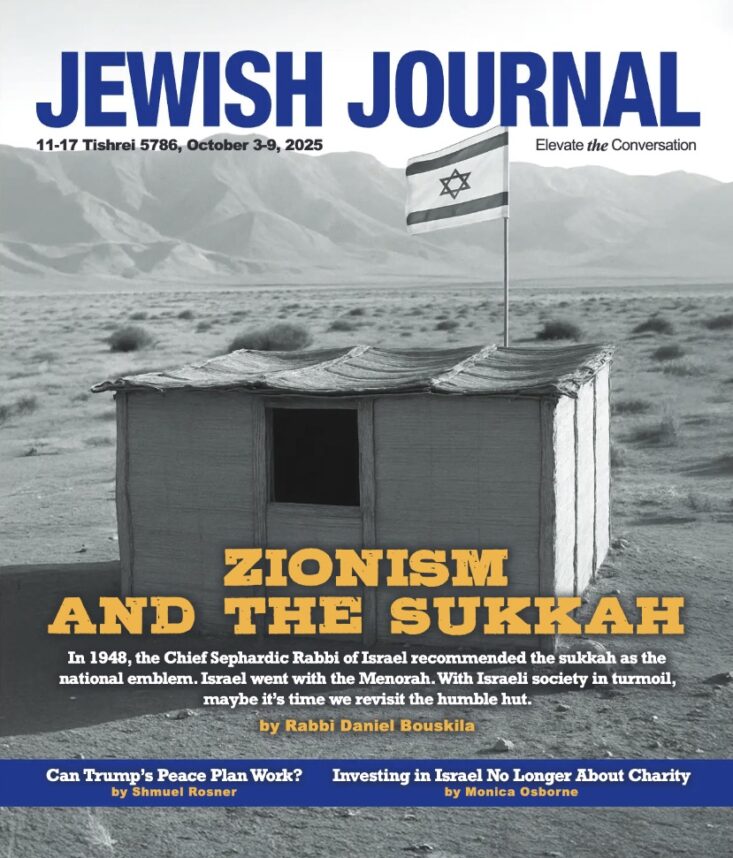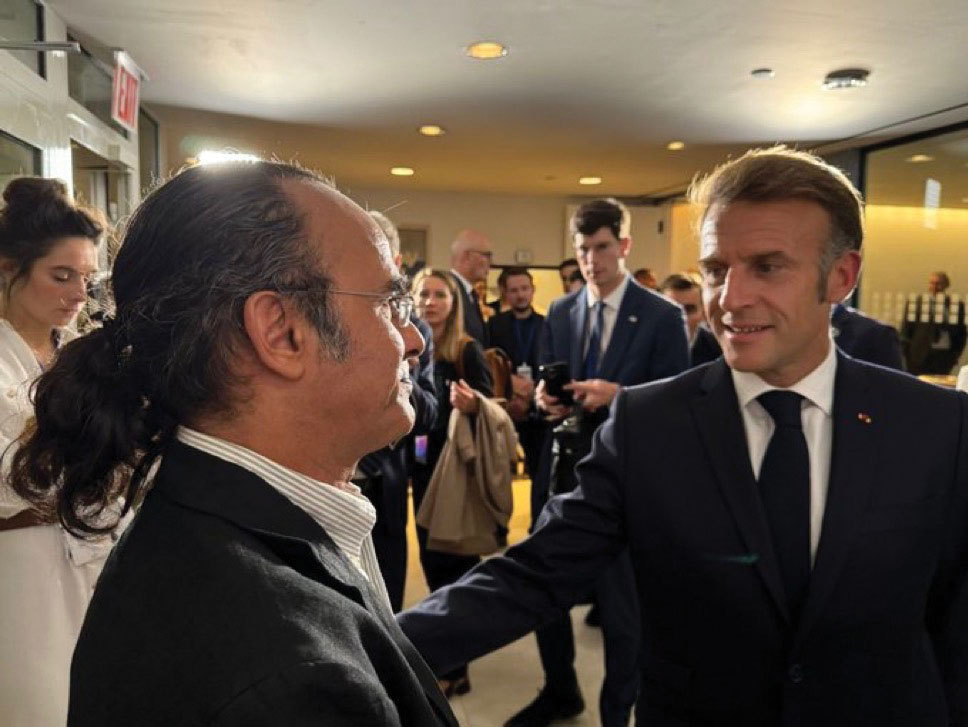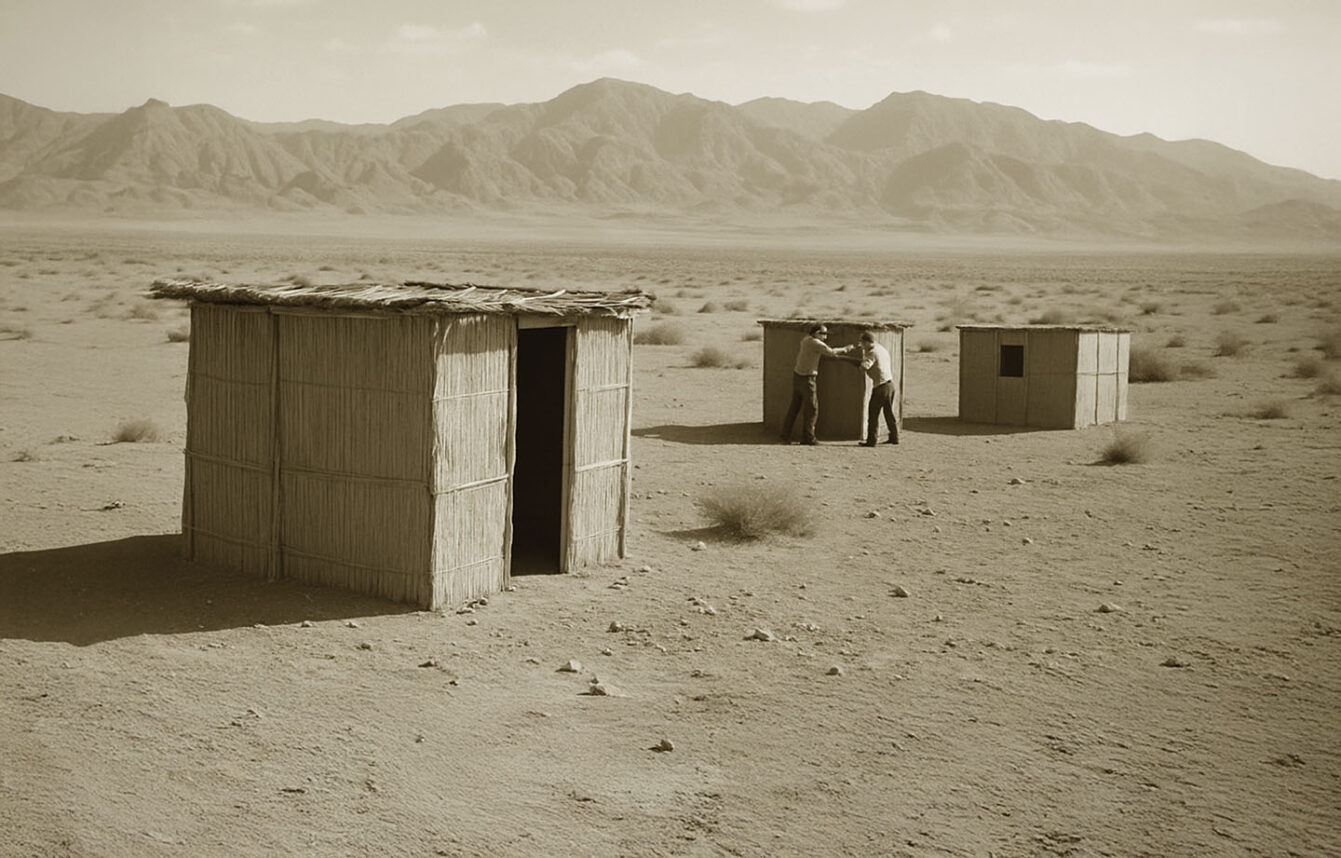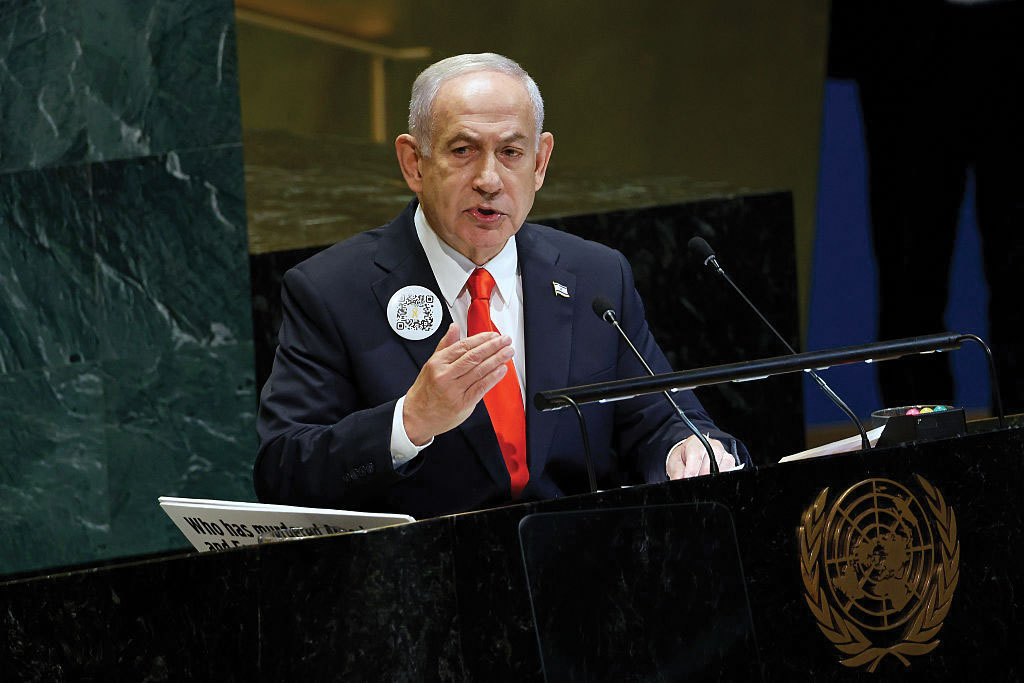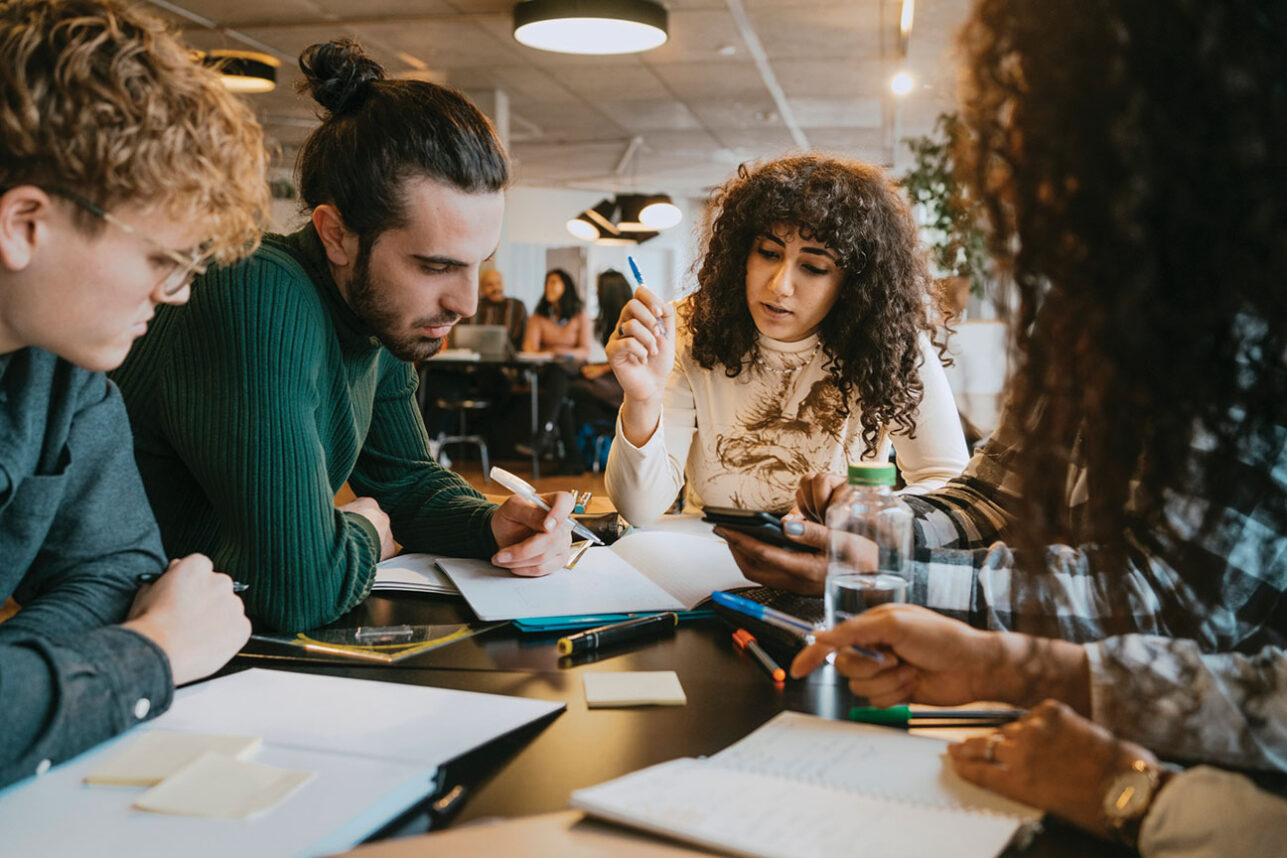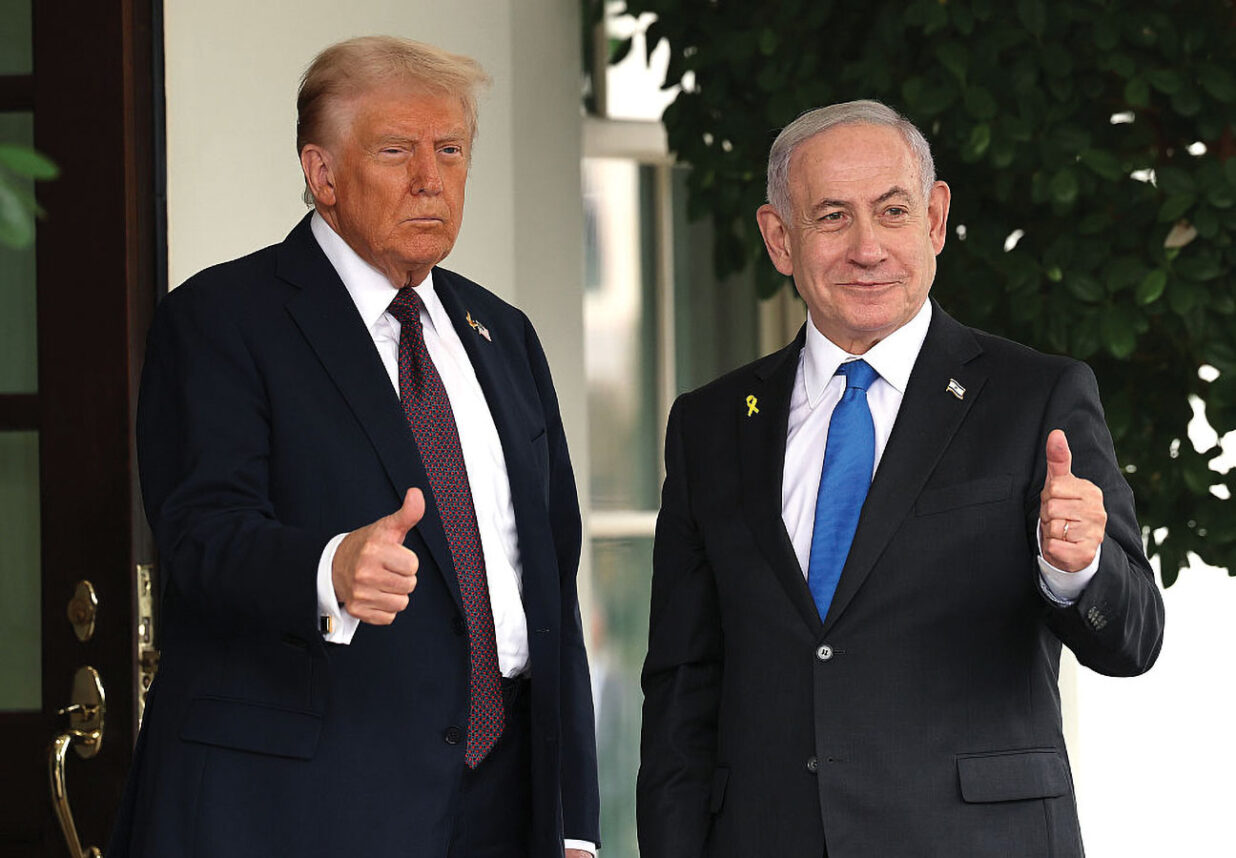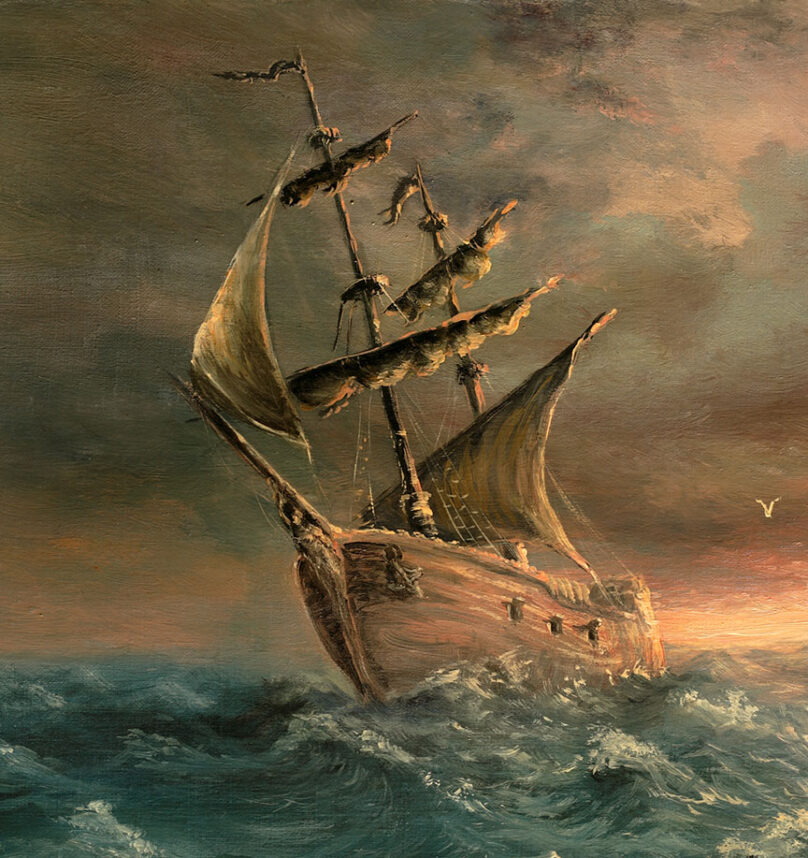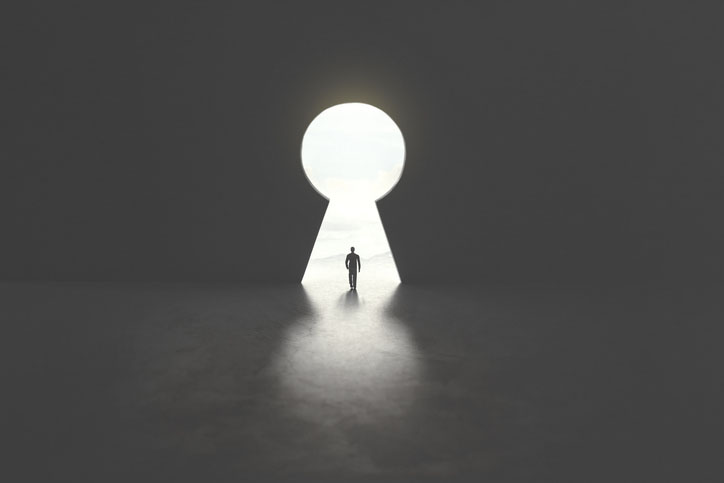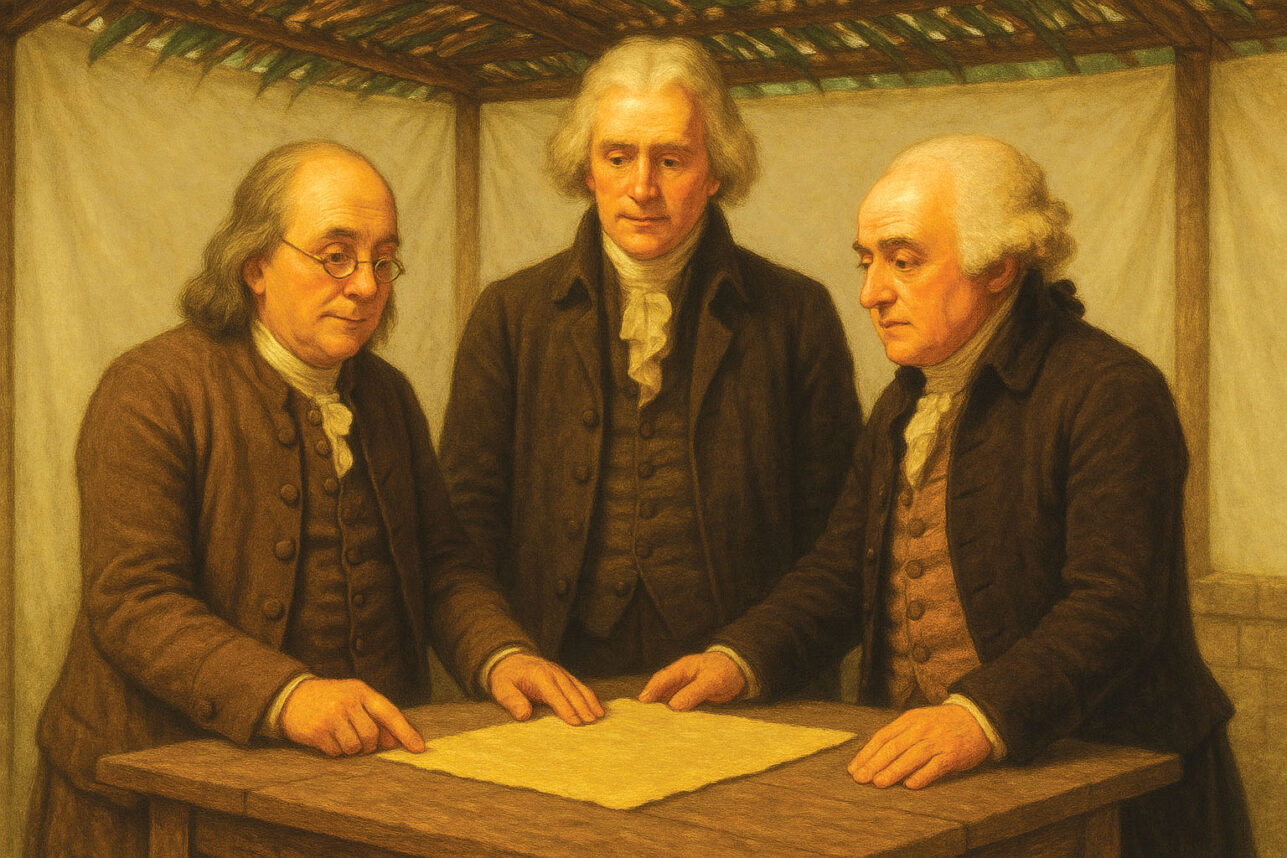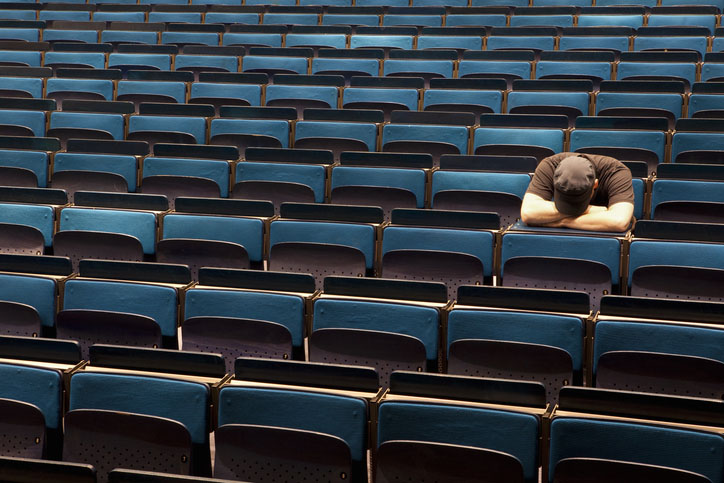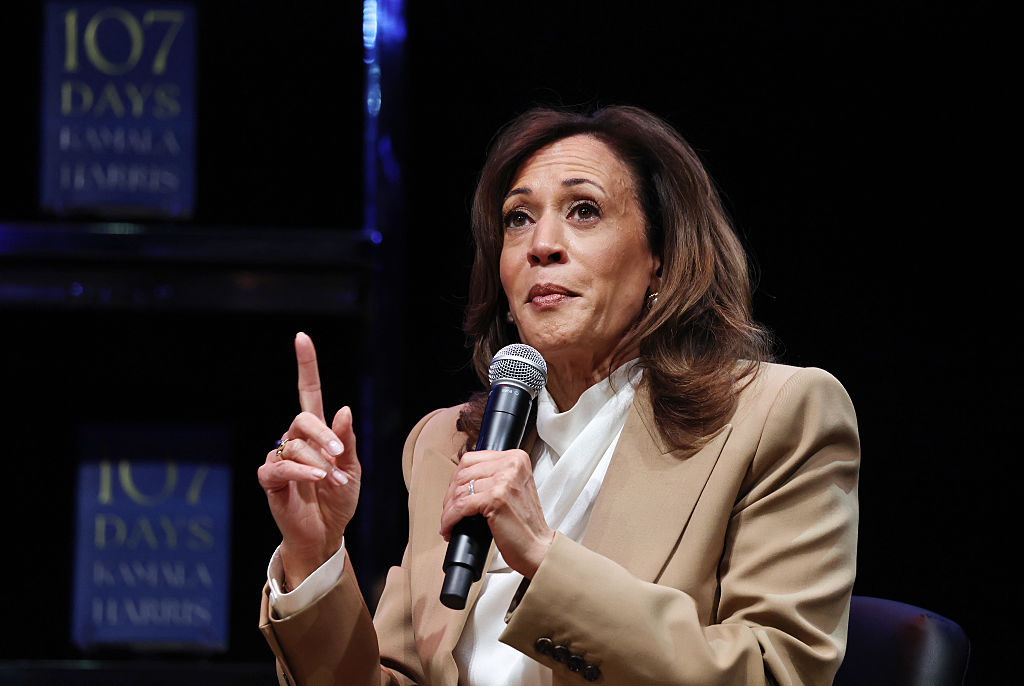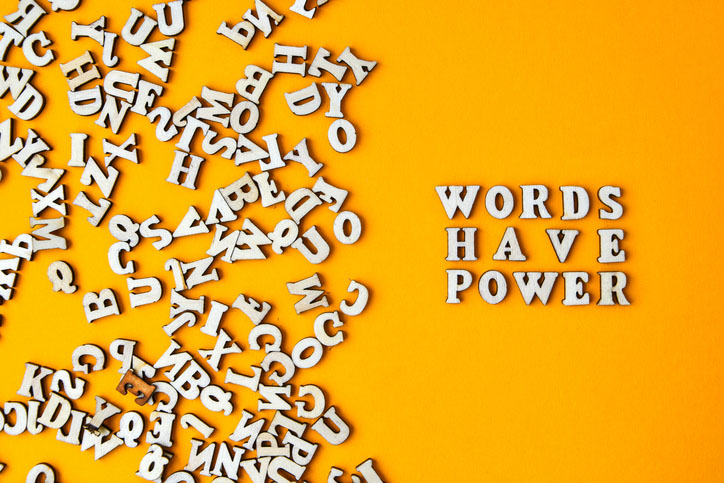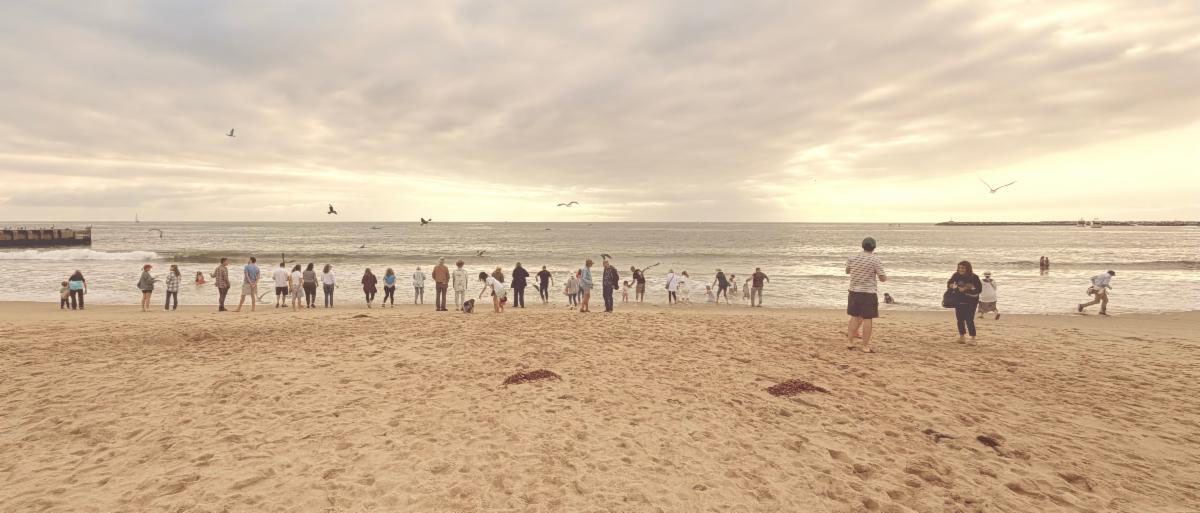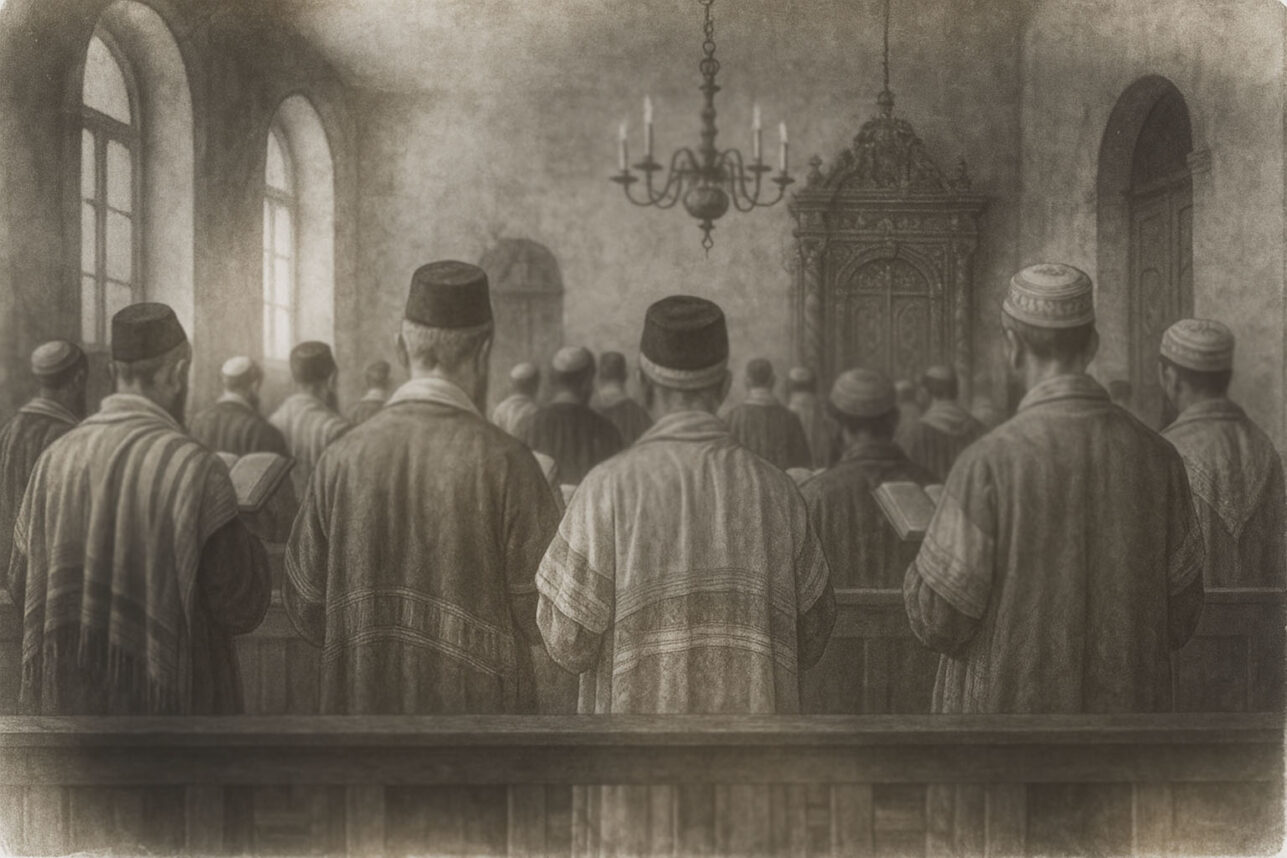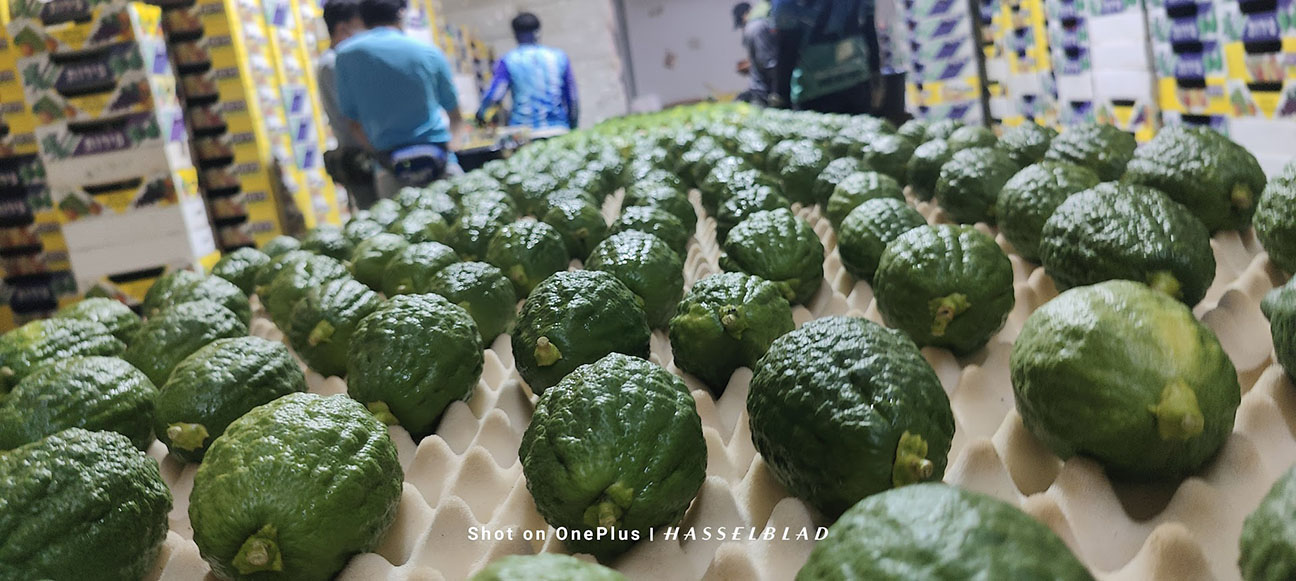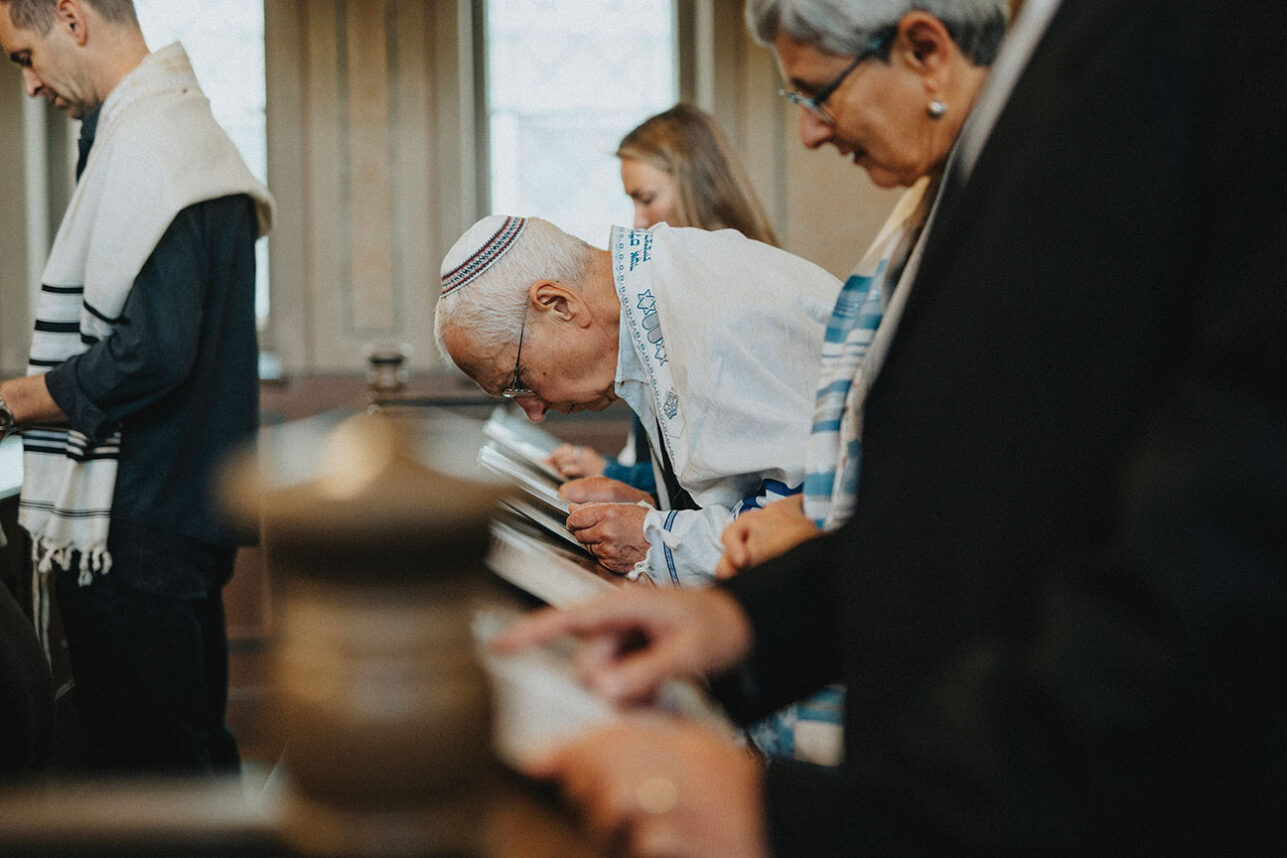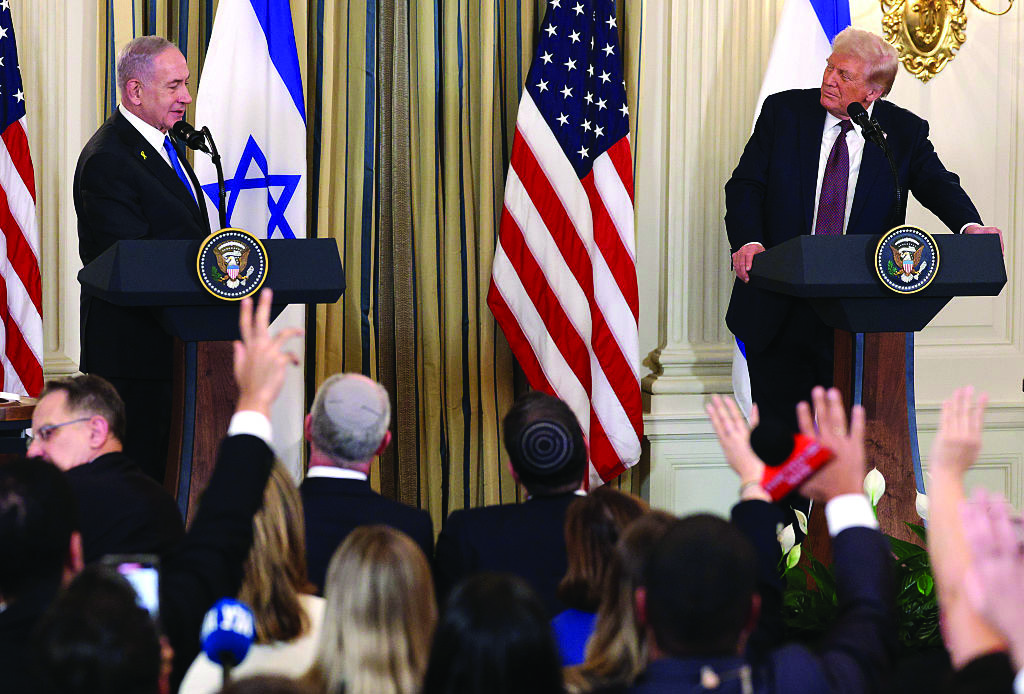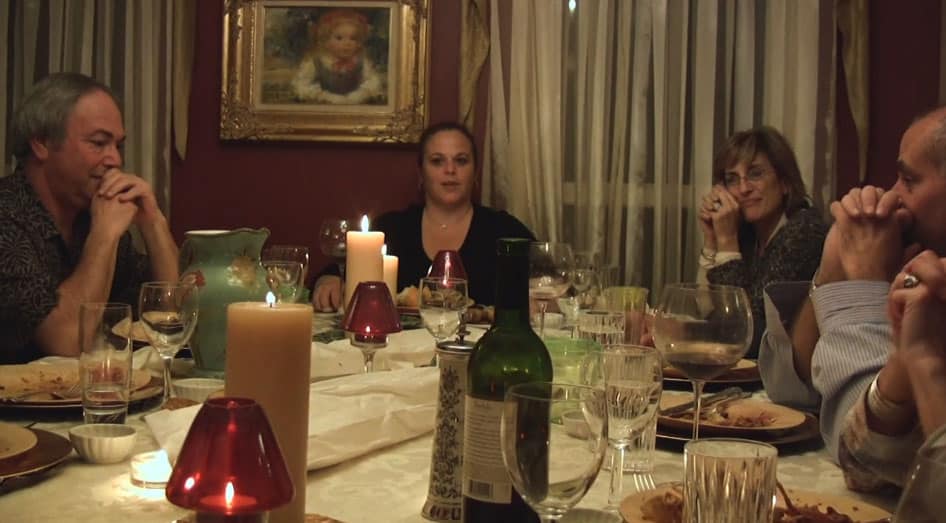
When it comes to producing “mockumentaries,” Monica Levinson has an enviable track record — at the top of her resume are 2006’s “Borat,” 2009’s “Bruno” and 2020’s “Borat Subsequent Moviefilm.”
And now, Levinson is taking on real life with “The Stories of Us,” an intimate look at her Jewish family.
In 2008, she traveled back home to interview her family members about the family history. She is seen by her family as the “sentimental” one who tells stories for a living, but Levinson has an impeccable memory, and so do her family members. The film opens with Levinson telling her earliest memory.
“When I was seven years old, I went to my first year of summer camp.” When some of the kids there found out I was Jewish, they asked to feel my horns. My family taught me that it’s important to seek out and communicate with people who aren’t just like us. So we can get to know them, and they can get to know us.”
So the documentary begins It’s followed by Levinson’s extended Jewish family having Thanksgiving dinner in the Washington, D.C. suburb of Rockville, Maryland in 2008.
A resident of Los Angeles, Levinson was the only family member at the table who had to fly on an airplane to attend.
Her original plan was not to distribute the footage for people outside of the family, let alone film festivals. The original plan was to film the family dinners as merely a family scrapbook for the next generation. After that first Thanksgiving dinner, Levinson put the tapes away and forgot about them. Nine years later, she was at her Uncle Herbie’s 85th birthday party. He asked Levinson “where are those tapes? What are you going to do with it?”
She responded, “I’ll show you something before you’re 86.” Levinson went home, looked at the footage and realized she missed half the family. So in 2017, she borrowed a fancy new camera and went back to Rockville to interview more of the family.
By this point, a new generation of the family was being born as members of the oldest living generation were passing away.
It’s co-directed and co-produced with Levinson’s longtime friend and filmmaker Steven Hentges.
Levinson and Hentges describe the documentary as a “cinematic love letter to her family” offering a slice-of-life glimpse at their humorous and heartwarming connection, while “reminding us that we all have more in common than we think. We all tell stories around the dinner table.”
And critics are loving it. “The Stories of Us” has won several awards, including Best Jewish American Film Award at the American Jewish Film Festival, Best Editing of a Documentary at London’s 2022 Film Fest International, and Exceptional Merit in Human Spirit and Religion/Faith at the Docs Without Borders Festival. It was also a featured title in the The Jewish Experience Showcase at the Annapolis Film Festival.
While reality television thrives on casting erratic nutcases who are ready to choke each other at the drop of a fork, that’s not the case in “The Stories of Us.” There is cross talk and laughter from the other side of the table that interrupts stories. There’s all kinds of noise that normally would be edited out. But that is part of the allure of “The Stories of Us.” It feels authentic. There are tears, there’s laughter, headshakingand some stories that make family members cringe. But all in all, “The Stories of Us” is a depiction of a family that will take viewers back to their own family dinners, and not just the Jewish ones.
“The Stories of Us” is funny and poignant, an hour-and-a-half reminder to document the good times with the people you love, especially if you only see them in person a handful of times per year.
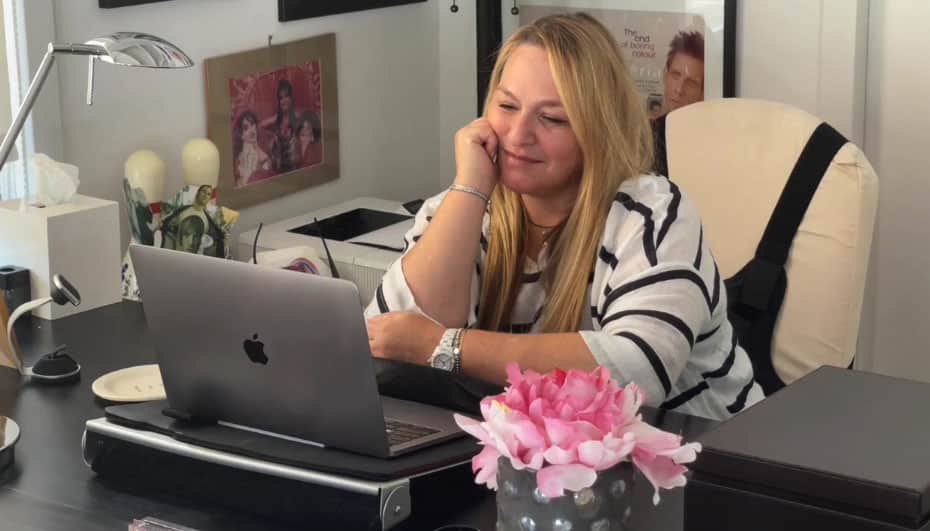
The Journal spoke with Monica Levinson and co-director and producer Steven Hentges about “The Stories of Us.”
JEWISH JOURNAL: Did you ever feel any alienation from your family since you’re the only one that lives three time zones away?
MONICA LEVINSON: They are always very supportive of me. And I did go home an inordinate amount of time. Everybody always was like, wow, you’re traveling home all the time. So I was home for two weeks in November. And Aunt Mary and Uncle Harvey, they were like, ‘oh, so when are you coming home again?’ And I was like, ‘I don’t have my plans yet or when I’m coming home, but I’ll be there at some point soon!’”
JJ: Steven, after editing the film, what was it like finally meeting Monica’s entire extended family?
STEVEN HENTGES: I had already met Monica’s immediate family: the mom, Mel, and Francine and Suzanne and Stephanie before, and Evan and the husbands and the kids. But I hadn’t met the extended family. And it was weird because I spent so much time in 2017 cutting what was just going to be for the family. I spent days, weeks working on it, and you start to feel like you know these people. Then [Monica] had an open house when she moved to her new house. And I walk in and there’s Uncle Herbie and I walked up to Uncle Herbie so excited because I felt like I knew him and I said ‘Hello!’ But I realized he doesn’t know who the hell I am, yet I feel this connection. But he was just like, ‘Okay.’ He was very nice.
JJ: There’s so many people in the world who don’t know any Jewish people. Who is the target audience?
ML: People have been responding, people that I know or don’t know through social media — they write to us about it. My friend, one of the Teamster captain coordinators that I’ve worked with over the years, and he happened to watch it. He’s not a Jewish man, but he truly related to it. He said it made him cry and he felt like he was at the table and he loves that we made it. It was such a nice response. There’s a lot of people that will see their own families in it. A colleague called to say that she watched it yesterday and she said, ‘I felt like I saw my own family.’ She was saying that she saw those pictures. She was like, ‘that could have been my family.’ The audience is anybody that’s looking for something positive — a positive story about family. And I think that’s where Steven and I got to this place in 2021, which was that we were so bummed out when we see content right now. Everything is sad, everything is dark. It was literally ‘Ted Lasso’ that made us have a happy moment. It just makes you feel good! And I’m like, ‘maybe this is our own version of putting something positive out in the world.’
“The audience is anybody that’s looking for something positive — a positive story about family.”-Monica Levinson
SH: “It’s something that if you can make somebody else go, ‘Hey, no matter what background or religion or culture they come from, I want to talk and get to know more about my family and start to ask those questions.’ Then along the way, when we were already figuring out what we were going to do, when Monica mentioned to me the horn story, I was like, well there’s our opening. That’s kind of how we framed this. She just started telling me all these stories. We took long walks and I kept recording her.
JJ: Was everybody at the dinner table on board? Did you make them sign releases?
ML: I had everybody sign. I’m a producer by trade and obviously I produced two “Borats” and a “Brüno.”
I’ve also done three “Borat” specials for Amazon. And one was a documentary. So I obviously have releases. I used my dear friend Russell Smith, who was the lawyer for Sacha forever. I knew his forms and he helped us, looked at the footage, but everybody signed — no problem!
JJ: When you recorded in 2008 and 2017, and the family knew there were going to be cameras recording them, did your family dress differently or act any differently than usual?
ML: Some of the original stuff was just like, ‘here’s my answer, here’s my answer.’ And nobody was talking. Then once we got to my aunt and uncle and my parents, everybody was kind of talking over each other.
SH: At that point [when production first began in 2008], they didn’t know what it was going to be, nobody did. It was just going to be an oral history for the family. I think had they known the endgame, I don’t think it would’ve been the same. I think there was something magical. While obviously it’s not the way you would normally shoot documentary interviews— with just everybody at the table. It actually worked in a weird way because it created the crosstalk and the conversation. And because everybody at the table was family, there were no walls or boundaries. It was just an open, honest, unfiltered conversation
JJ: Looking back at making this film, what were some of the more cathartic moments?
ML: We all get along. Two things that were really good for me to see personally was my Aunt Ellen. I loved my Aunt Ellen. I was very close to my Aunt Ellen, but she did separate from the family a bit when my uncle died, when her husband died. And to have had that conversation with her, I’m super grateful because I was able to ask her questions. She was very honest. Even my cousin says, ‘this is beginning to sound a lot like therapy.’ And she’s like, ‘you know what it is, it’s really nice to be able to have this conversation.’ That meant a lot to me. And it meant a lot to my family to see her have an answer to why she backed away a little bit. It was because it was too much of a reminder that my uncle was missing. It was also just really nice to honor my cousin Mark who died in a car accident and have that moment where we were all able to reminisce and also talk about how amazing my aunt and uncle were to really say, ‘we need to enjoy life and keep living.’ So those were two moments for me that were super cathartic.
Also, just being able to talk to my aunt and uncle and my parents about what it is that they want for us and how to keep us going. And then also for me seeing all of the future generations. We made sure that our little fragments of ‘what qualities do you bring to the family? What are your favorite memories? Or ‘what’s your favorite holiday?’ Those questions were intentionally just for the younger generations and making sure that, so that they had a voice about to show what the older generation imparted on us.
“Just being able to talk to my aunt and uncle and my parents about what it is that they want for us and how to keep us going. And then also for me seeing all of the future generations. We made sure that our little fragments of ‘what qualities do you bring to the family? What are your favorite memories? Or ‘what’s your favorite holiday?’” -Monica Levinson
“The Stories of Us” can be streamed on Apple TV, Amazon Prime Video, Google Play, YouTube, Tubi TV and Vudu.









